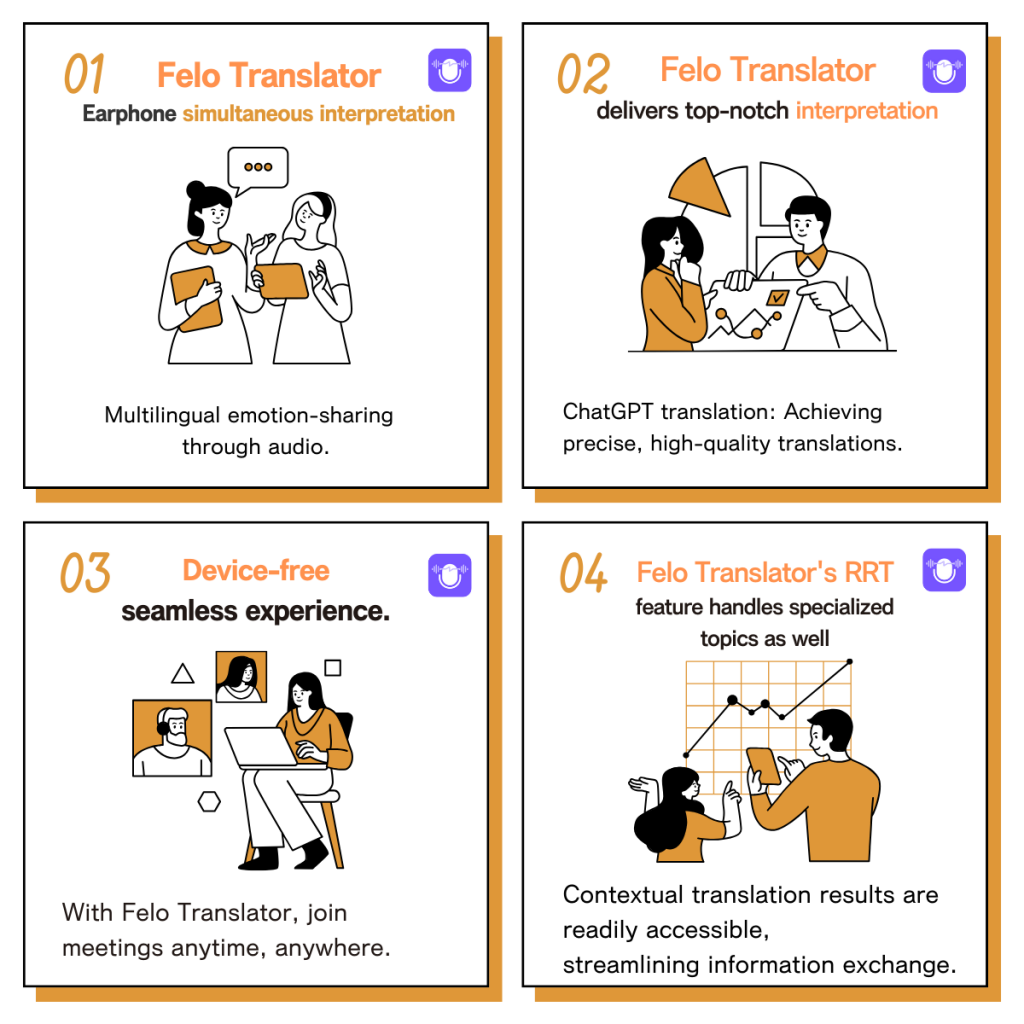The dramatic evolution of AI technology is impacting all aspects of society and is about to bring major changes to our work. Many tasks traditionally performed by humans, such as simple tasks and data analysis, may be automated by AI, and there are concerns that some jobs may disappear in the future.
However, AI is just a tool and cannot completely replace human work. In order to coexist with AI, it is important to acquire the necessary skills and knowledge and respond flexibly to changes.
Jobs likely to be eliminated by AI
1. Supermarket/convenience store clerks: The introduction of self-checkout and unmanned payments is progressing, and the automation of cash register operations is progressing. Furthermore, there is a possibility that things like product display and ordering will be replaced by AI.
2. Taxi drivers: Advances in self-driving technology may eliminate the need for human drivers in the future. Driverless taxis have already begun operating in some areas.
3. Factory workers: Simple assembly work and inspection work are likely to be replaced by robots and AI.
4. Data entry/office work: Office work such as data entry and document processing is already being automated using AI.
5. Bank staff: With the spread of ATMs and internet banking, the demand for teller services is decreasing. We are also progressing in the development of AI-based loan screening and investment advice.
6. Security Guards: Advances in security camera and sensor technology are enabling AI surveillance. The development of security robots is also progressing.
7. Telephone operators: Advances in customer-facing chatbots and voice recognition technology may replace some of the duties of telephone operators.
8. Translators: As AI translation tools become more accurate, simple translation tasks may be replaced by AI.
9. Writer: Technology has been developed that uses AI to create texts such as news articles and blog articles.
10. Customs brokers: As customs procedures become increasingly automated, some of the duties of customs brokers may be replaced by AI.
What is necessary to coexist with AI
Improve your skills and acquire new knowledge

In order to coexist with AI, it is important to constantly learn new knowledge and skills. Specifically, the following skills are required:
- programming
- data analysis
- Knowledge about AI
- communication ability
- problem solving ability
- Creativity
Acquire skills to collaborate with AI
We are looking for people who understand how AI works and how to use it, and who can collaborate with AI to advance work. To achieve this, it is effective to acquire the following skills.
- How to operate AI tools
- Designing business flow in conjunction with AI
- Interpretation of analysis results by AI
Flexible thinking and adaptability
As AI technology advances, it is inevitable that job content and required skills will change. Therefore, it is necessary to have the ability to think flexibly and adapt to changes.
Examples of collaboration between AI and humans
In order to survive in the AI era, each of us is required to learn and act independently.
All of these jobs involve many tasks that AI is good at, such as simple tasks and data analysis. In particular, it is relatively easy to automate routine work and routine tasks using AI.
By building a system where AI and humans work together, we can create better results by leveraging the strengths of each.
medical field
By utilizing AI-based image diagnosis and patient condition monitoring, doctors can focus more on patient treatment and care. Specifically, there are the following cases.
- Image diagnosis using AI: By using AI to analyze CT and MRI images, doctors can reduce the time it takes to make a diagnosis.
- Patient condition monitoring: AI monitors the patient’s vital signs and changes in physical condition 24 hours a day, allowing for early detection of abnormalities.
manufacturing industry
By using AI to manage production processes and predict failures, it is possible to improve production efficiency and ensure safety. Specifically, there are the following cases.
- Production process management: AI monitors the production process and detects abnormalities, making it possible to prevent production line stoppages.
- Failure prediction: AI predicts machine failures based on past data, enabling predictive maintenance.
service industry
By using AI to respond to customers and provide information, it is possible to improve customer satisfaction and operational efficiency. Specifically, there are the following cases.
- Customer support: By utilizing chatbots and voice recognition technology, you can provide customer support 24 hours a day, 365 days a year.
- Information provision: AI can improve customer satisfaction by providing information tailored to customer needs.
summary
The spread of AI has the potential to bring about major changes in our work and lives. But that’s not a negative thing. By leveraging AI, we will be able to work more creatively and productively.
It is important to be proactive and not be afraid of change. Make a career plan with an eye to the future, keep learning, and take on new challenges. By doing so, we will be able to survive the AI era and lead a richer life.
Efficient and accurate real-time translator tools to improve your work — Felo Translator

What is Felo Translator ?
Felo Translator is an AI simultaneous interpretation app equipped with GPT-4 engine and RRT technology. Quickly and accurately translate audio from over 15 foreign languages including English, Spanish, French, German, Russian, Chinese, Arabic, and Japanese. Supports downloading of original and translated texts to help you learn accurate expressions and pronunciation. As a large-scale language model, ChatGPT accurately conveys the passion, expression, and dramatic effect of the stage, allowing audiences to fully understand and enjoy the excitement brought by different linguistic cultures.\
How can Felo Translator assist simultaneous interpreters?
Felo Translator supports beginners in simultaneous interpretation and solves problems by leaving no notes behind and more accurately translating technical terms.
Simultaneous interpretation is a complex and highly technical task, requiring interpreters to have solid language skills, a wealth of specialized knowledge, and a good sense of teamwork. Only continuous learning and improvement of one’s translation skills can make one qualified for this important translation task and contribute to the smooth progress of international communication.
iOS Download | Android Download
Click here for related information 👇
How to Write Polite Reservation Emails?
How to Write Polite Reservation Emails?
